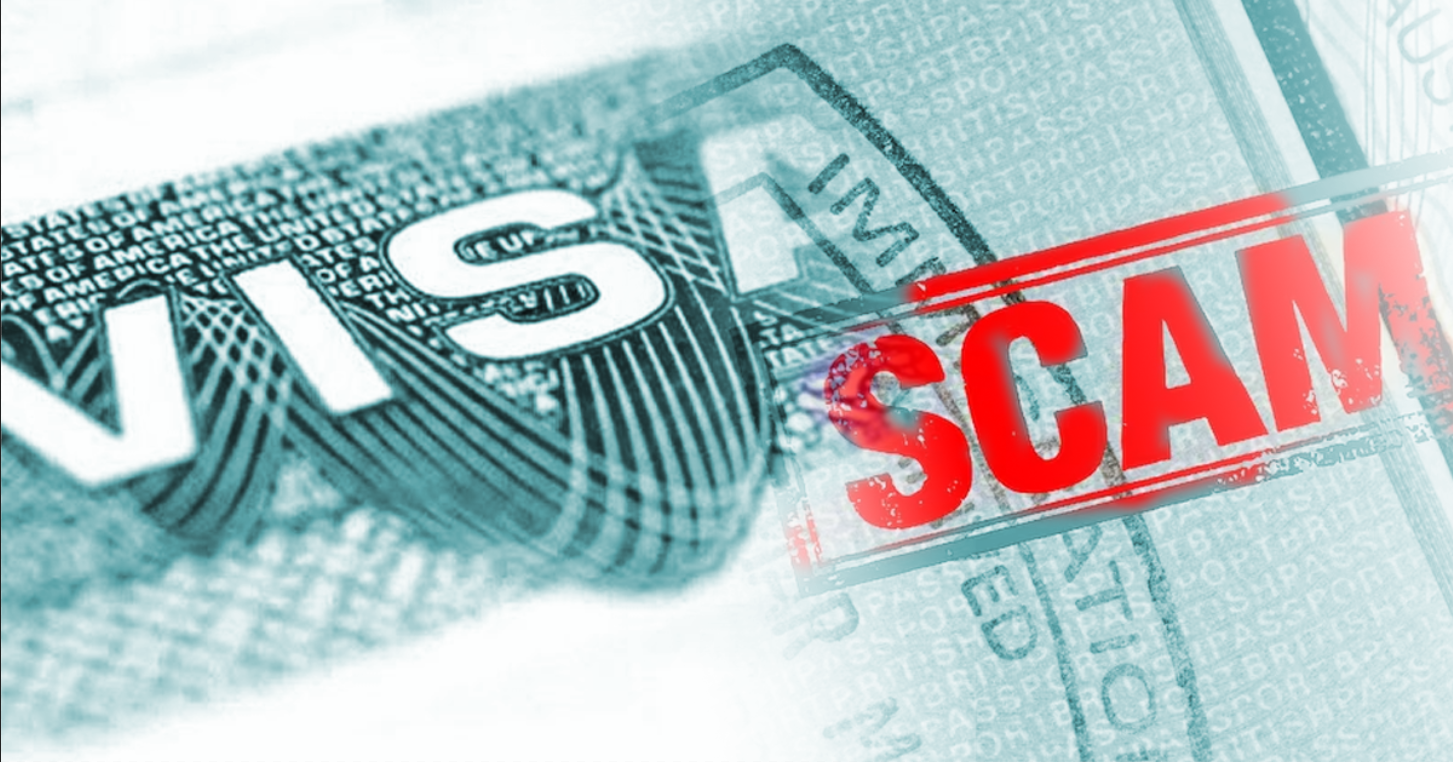In today’s digital age, scammers have found innovative ways to prey on unsuspecting travelers and immigrants. Fake travel visa and immigration services promise quick and easy solutions to complex bureaucratic processes—but they are designed to steal your money, personal data, or both. In this comprehensive guide, we will discuss the red flags of these scams, explain how they operate, and provide actionable tips to help you safeguard yourself online.
Understanding Fake Travel Visa and Immigration Services
Scammers often create fraudulent websites, social media profiles, and email addresses that mimic legitimate visa or immigration service providers. These fake entities lure victims with promises of expedited processing, guaranteed approvals, and insider access to government programs—all for a fee. Here are some common characteristics of fake visa and immigration service scams:
- Overly Promising Results: Guaranteeing a visa approval or immigration benefit without considering individual circumstances.
- High Upfront Fees: Requesting significant payment before any official documentation or processing has begun.
- Lack of Transparency: Minimal or vague information about the company’s background, location, or licensing.
- Unsecured Websites: URLs that do not use HTTPS or official domain names that closely mimic government websites.
- Pressure Tactics: Urgency in communication, encouraging immediate payment or decision-making without proper consultation.
Red Flags: How to Spot a Fake Service
1. Unverifiable Credentials and Accreditations
- No Official License: Legitimate immigration services are usually registered with or accredited by government bodies or recognized legal associations. Always verify credentials through official channels.
- Missing Reviews or References: Research the company online. A lack of credible reviews or testimonials on trusted platforms is a warning sign.
2. Suspicious Website Features
- Poor Website Design and Language: Look for grammatical errors, broken links, and low-quality images. Professional services invest in high-quality, error-free websites.
- Unsecured Connection: Check that the website URL begins with “https://” and that there is a valid security certificate.
- Impersonation of Government Websites: Be wary of websites that mimic official government domains (e.g., using a .com domain instead of a .gov or .org).
3. Unusual Payment Methods
- Non-Refundable Fees via Untraceable Methods: Scammers often request payments via wire transfers, cryptocurrency, or prepaid cards, which are difficult to trace and recover.
- Lack of Official Invoicing: Legitimate services provide detailed invoices and receipts outlining the services rendered.
4. Pressure and Lack of Clear Communication
- Urgency to Act Quickly: Scammers create a sense of urgency to rush your decision, preventing you from taking the time to verify the information.
- Limited Customer Support: If you find it difficult to reach a real human representative or receive inconsistent answers, consider it a red flag.
Steps to Protect Yourself from Fake Immigration Scams
1. Conduct Thorough Research
- Check Official Government Websites: Always refer to your country’s official immigration or consulate websites for accurate information. For instance, the U.S. Department of State or the U.K. Home Office have dedicated sections on visas and immigration.
- Consult Reviews and Forums: Visit reputable travel or immigration forums and review sites. Communities like TripAdvisor, Reddit, or legal advisory websites can provide insights into others’ experiences with specific agencies.
- Verify Accreditation: Look for licensing information, accreditation numbers, or professional affiliations with recognized organizations.
2. Use Secure Online Practices
- Double-Check URLs: Ensure you’re on the correct website by comparing the URL to the official government or agency addresses.
- Update Your Browser and Security Software: Keeping your device’s software up-to-date protects you from potential malware or phishing attempts.
- Utilize Trusted Payment Methods: Use credit cards or other secure payment methods that offer fraud protection. Avoid direct bank transfers or cryptocurrency payments unless you are absolutely certain of the service’s legitimacy.
3. Seek Professional Legal Advice
- Consult an Immigration Attorney: When in doubt, consult a licensed immigration lawyer or a reputable legal advisor who can provide guidance and verify the legitimacy of any service.
- Verify Agency Details: Ask for physical office addresses, official contact numbers, and documentation of their services. Cross-check these details with publicly available government records.
4. Educate Yourself on Common Scams
- Stay Informed: Regularly read updates from consumer protection agencies such as the Federal Trade Commission (FTC) or the Better Business Bureau (BBB). They often publish alerts about current scams and fraudulent activities.
- Share Your Knowledge: Spread awareness among friends and family who may also be at risk. The more informed you are, the less likely you’ll fall victim to these scams.
Conclusion
Fake travel visa and immigration services are designed to exploit individuals seeking to navigate complex immigration processes. By understanding the red flags, verifying credentials, and utilizing secure online practices, you can significantly reduce your risk of falling prey to these scams. Always prioritize due diligence over promises of quick fixes, and when in doubt, consult trusted professionals or official government resources.
Stay Safe and Informed
Keeping abreast of the latest scam tactics and safeguarding your personal information is essential in today’s digital landscape. By following the guidelines provided in this article, you can protect yourself and ensure that your journey—whether for travel or immigration—is built on a foundation of trust and legitimacy.
For more detailed insights on immigration services and security tips, subscribe to our newsletter or contact our expert team today.














